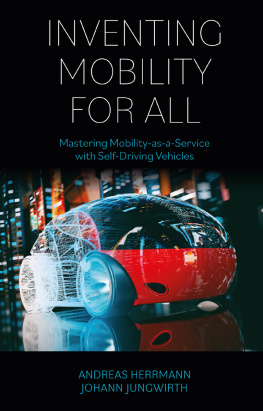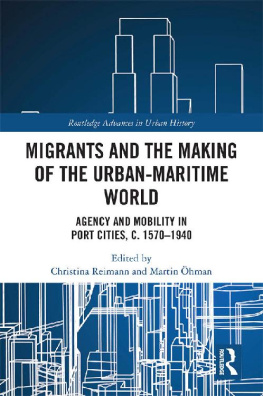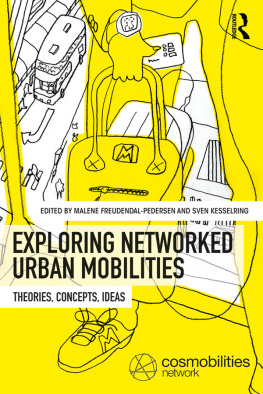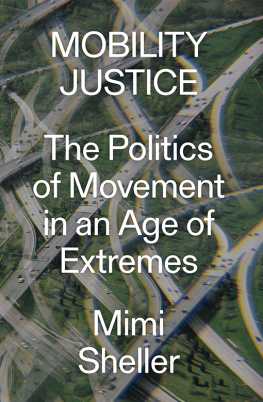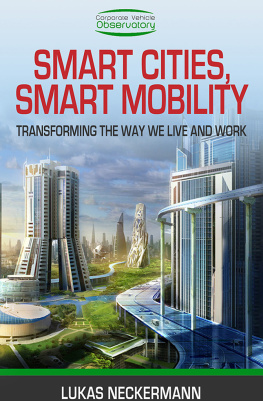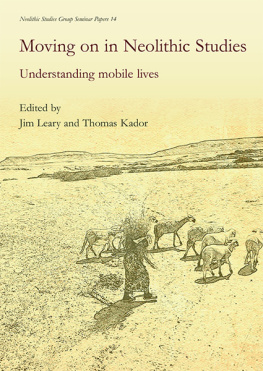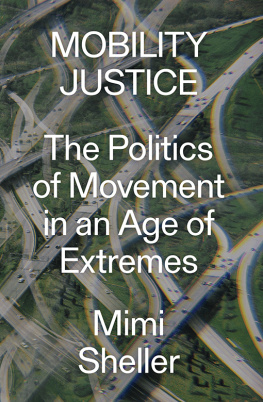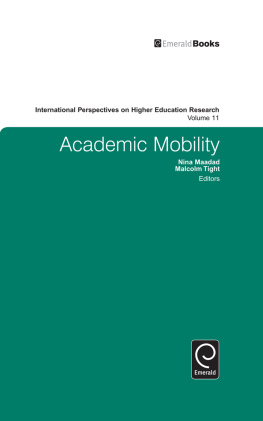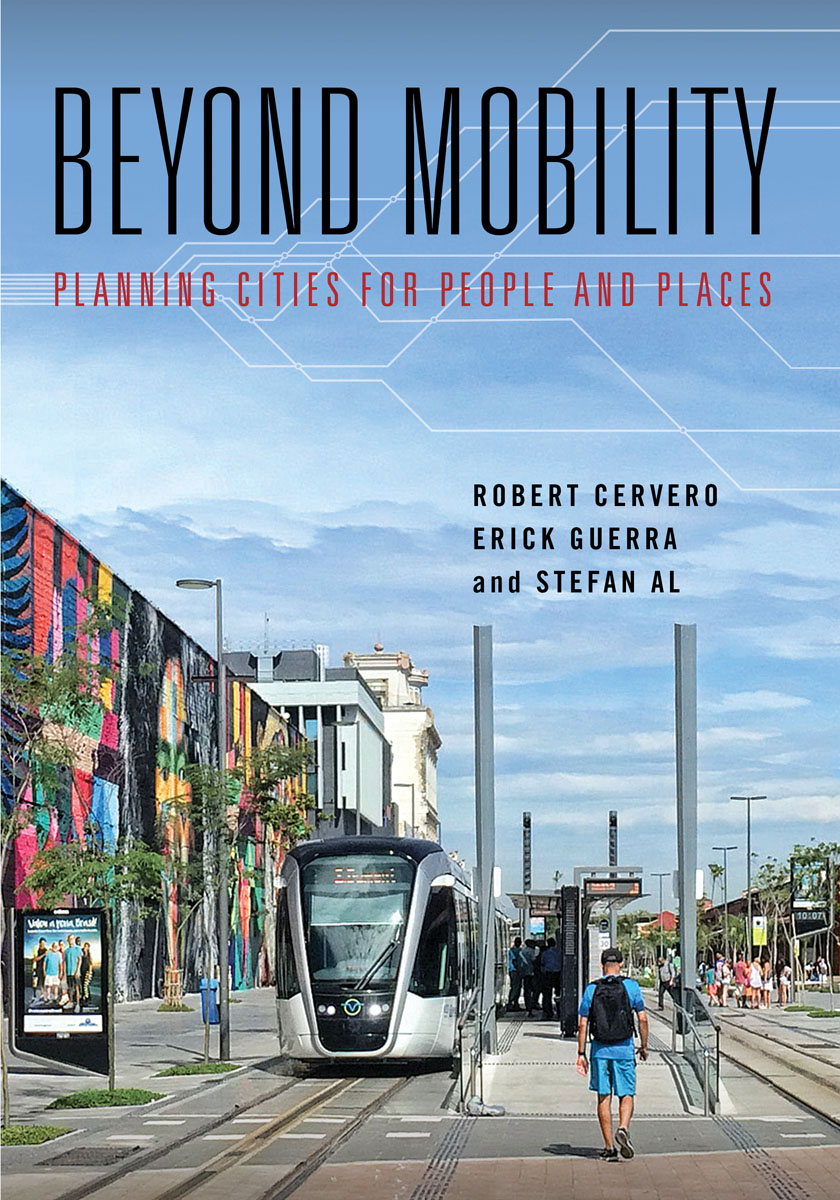
About Island Press
Since 1984, the nonprofit organization Island Press has been stimulating, shaping, and communicating ideas that are essential for solving environmental problems worldwide. With more than 1,000 titles in print and some 30 new releases each year, we are the nations leading publisher on environmental issues. We identify innovative thinkers and emerging trends in the environmental field. We work with world-renowned experts and authors to develop cross-disciplinary solutions to environmental challenges.
Island Press designs and executes educational campaigns in conjunction with our authors to communicate their critical messages in print, in person, and online using the latest technologies, innovative programs, and the media. Our goal is to reach targeted audiencesscientists, policymakers, environmental advocates, urban planners, the media, and concerned citizenswith information that can be used to create the framework for long-term ecological health and human well-being.
Island Press gratefully acknowledges major support of our work by The Agua Fund, The Andrew W. Mellon Foundation, The Bobolink Foundation, The Curtis and Edith Munson Foundation, Forrest C. and Frances H. Lattner Foundation, The JPB Foundation, The Kresge Foundation, The Oram Foundation, Inc., The Overbrook Foundation, The S.D. Bechtel, Jr. Foundation, The Summit Charitable Foundation, Inc., and many other generous supporters.
The opinions expressed in this book are those of the author(s) and do not necessarily reflect the views of our supporters.

Island Press mission is to provide the best ideas and information to those seeking to understand and protect the environment and create solutions to its complex problems. Join our newsletter to get the latest news on authors, events, and free book giveaways. Click here to join now!

Copyright 2017 Robert Cervero, Erick Guerra, and Stefan Al
All rights reserved under International and Pan-American Copyright Conventions. No part of this book may be reproduced in any form or by any means without permission in writing from the publisher: Island Press, 2000 M Street, Suite 650, Washington, DC 20036
Island Press is a trademark of The Center for Resource Economics.
Keywords: Autonomous vehicles, climate change, driverless cars, edge city, environmental mitigation, the global south, just city, lifestyle preferences, placemaking, public health, public transit, road contraction, shared mobility, social capital, suburban retrofits, sustainable city, transit-oriented development (TOD), urban amenities, urban economics, urban recalibration, walkability
Library of Congress Control Number: 2017940670
All Island Press books are printed on environmentally responsible materials.
Manufactured in the United States of America
10 9 8 7 6 5 4 3 2 1
CONTENTS
PREFACE
That changes are needed in the planning and design of citiesfor the sake of the planet, social equality, and a host of other reasonsis understood and accepted by most urban planners and designers. As planneracademics who have researched and worked in the urban transportation field to varying degrees, we maintain as the core premise of this book that improving mobility (i.e., the efficiency of motorized travel) has overly dominated past planning practices. This notion is not new. However, in our view, going beyond the rhetoric of postmobility planning and laying out a systematic framework for reordering priorities and meaningfully reforming policies and practices has received less attention than deserved.
Many commentaries on urban reforms are framed from the perspective of spatial planning, that is changing the design, layouts, and geographic arrangements of cities and their surroundings. Less is said about the pace of structural change. Shifting from sprawl to more compact development is often treated in binary terms, going from one form of urbanism to an entirely different one. Instead, we advance the idea of urban recalibration, the process of changing the accumulated rules, standards, regulations, and codes that govern the planning and design of our cityscapes and tend to directly or indirectly promote mobility, whether for cars, buses, or fire trucks, at the expense of other considerations. Beyond Mobility is about recalibrating how we plan, design, and build cities in ways that shift the focus from motorized movement to the needs and aspirations of people and the places they want to go.
Some of the ideas for this work germinated when the three of us discussed and debated these topics during a roughly 4-year period when our coordinates aligned at the University of California at Berkeley in the late 2000s and early 2010s. With Berkeley once the academic home of such urban planning luminaries as Donald Appleyard, Allan Jacobs, and Peter Hall, its perhaps no surprise that debating ways of reining in the excesses of car-oriented living occupied a good amount of time among folks in the transportation and urban design fields, us included. Contrary to what some might think or assume upon reading this books title, were not out to remove cars from city streets. Like most people living in America, we use and drive cars and plan to continue doing so, whether autonomous or steered by humans. However, we hope that the ideas put forward in this book will contribute to nudging us and others in the direction of walking, biking, and using buses and trains for a larger share of our personal travel-pies in years to come. If this helps with cleansing the air, building social capital, and shedding a few pounds, all the better.
Although this book was a collaborative undertaking, as in any work involving three busy academics, there was necessarily a division of labor. This division largely aligned with our respective interests, past and present. Robert Cervero was the principal author of and helped with other aspects of the book, including the introduction.
Although we accept full responsibility for what is presented in this volume, we would be remiss if we didnt acknowledge a number of people who contributed to this work. We thank Heather Boyer of Island Press for her support throughout the project and due diligence in seeing the manuscript through to completion. Elizabeth Theocharides, a graduate student in city planning and transportation engineering at Berkeley, was of tremendous help with many parts of this book, including background literature reviews, statistical analyses, preparation of maps and figures, and help with organizing artwork. Meiqing Li, a masters planning student at the University of Pennsylvania, helped with preparing several maps and the background research on transit-oriented development in China. Elisabeth Machielse, Sean McKay, and Thomas Orgren, architecture and city planning students at the University of Pennsylvania, contributed with background research and literature reviews for . Brenna Raffe of Island Press also deserves our thanks for her help with organizing some of this books images and manuscript preparation. We owe a debt of gratitude to many others who at various stages helped us with some part of this book, including Reena Tiwari, Ian Carleton, Felipe Targa, John Renne, Peter Calthorpe, Megan Gibb, Bernie Suchicital, Bert Gregory, Chang-Deok Kang, Steve Yui, Charles Kooshian, Larry Orman, Xavier Iglesias, Lu Nadal, Tom Radak, Gilles Duranton, Salvador Herrera, Paavo Monkkonen, Camilo Caudillo, Jorge Montejano, and John Taylor, among others. And outside our professional lives, we thank those who provided a different kind of support during this undertaking, emotionally and in other ways, notably Sophia, Chris, and Kristen Cervero, Alexandria Wyllie, Amaliris Gonzalez, the Guerra family, Rebecca Jin, Vera Al, and Janneke van Kuijzen.
Next page


